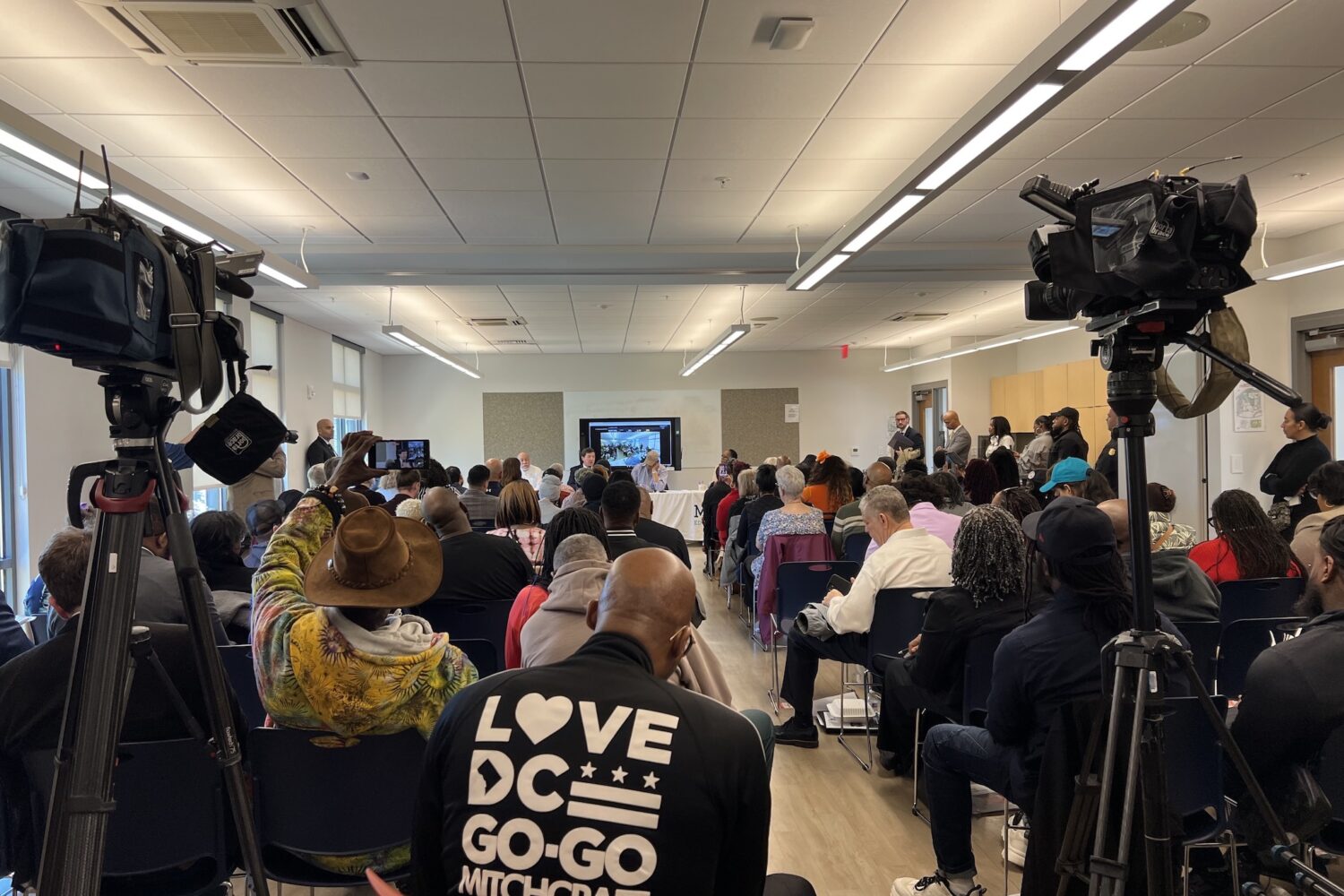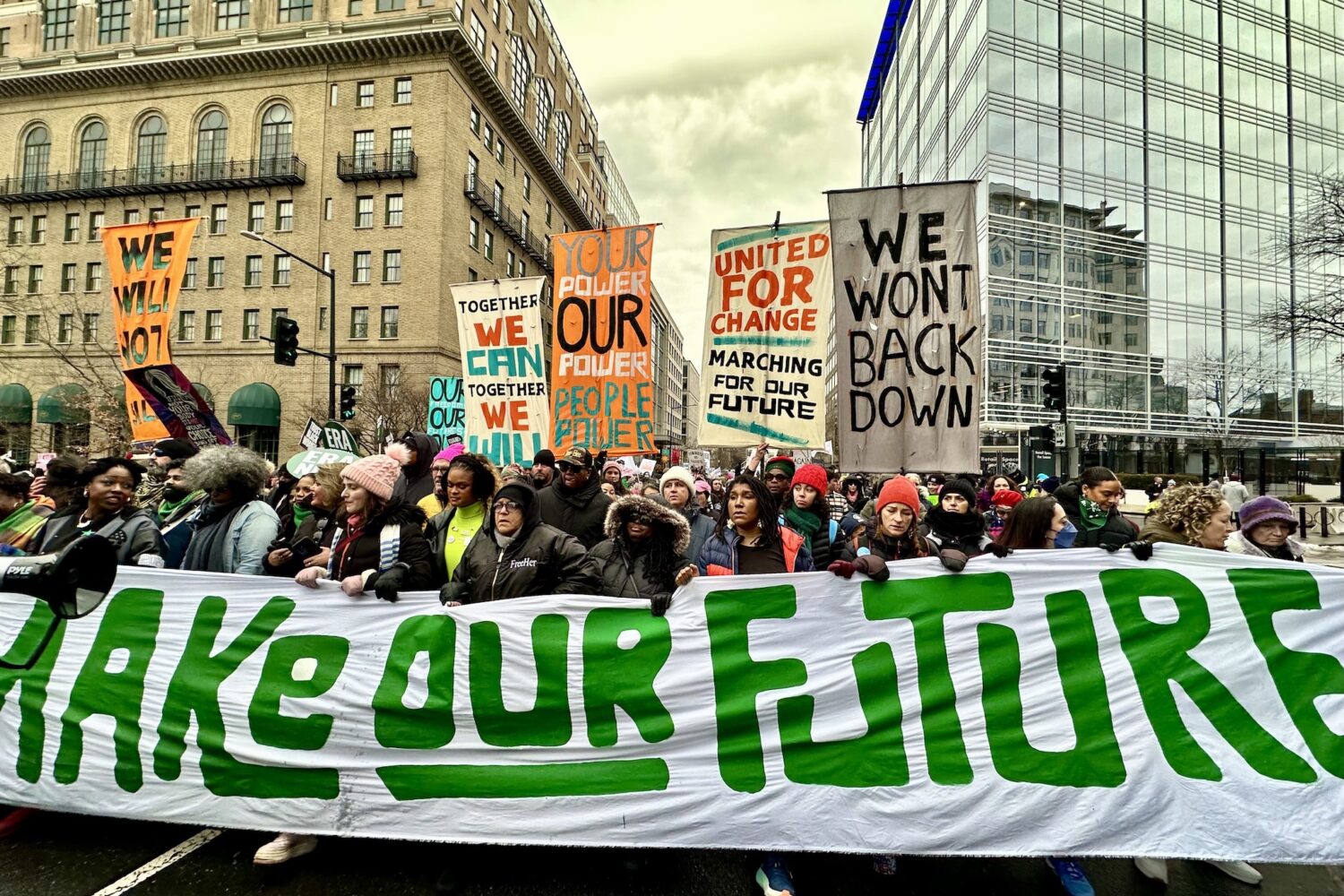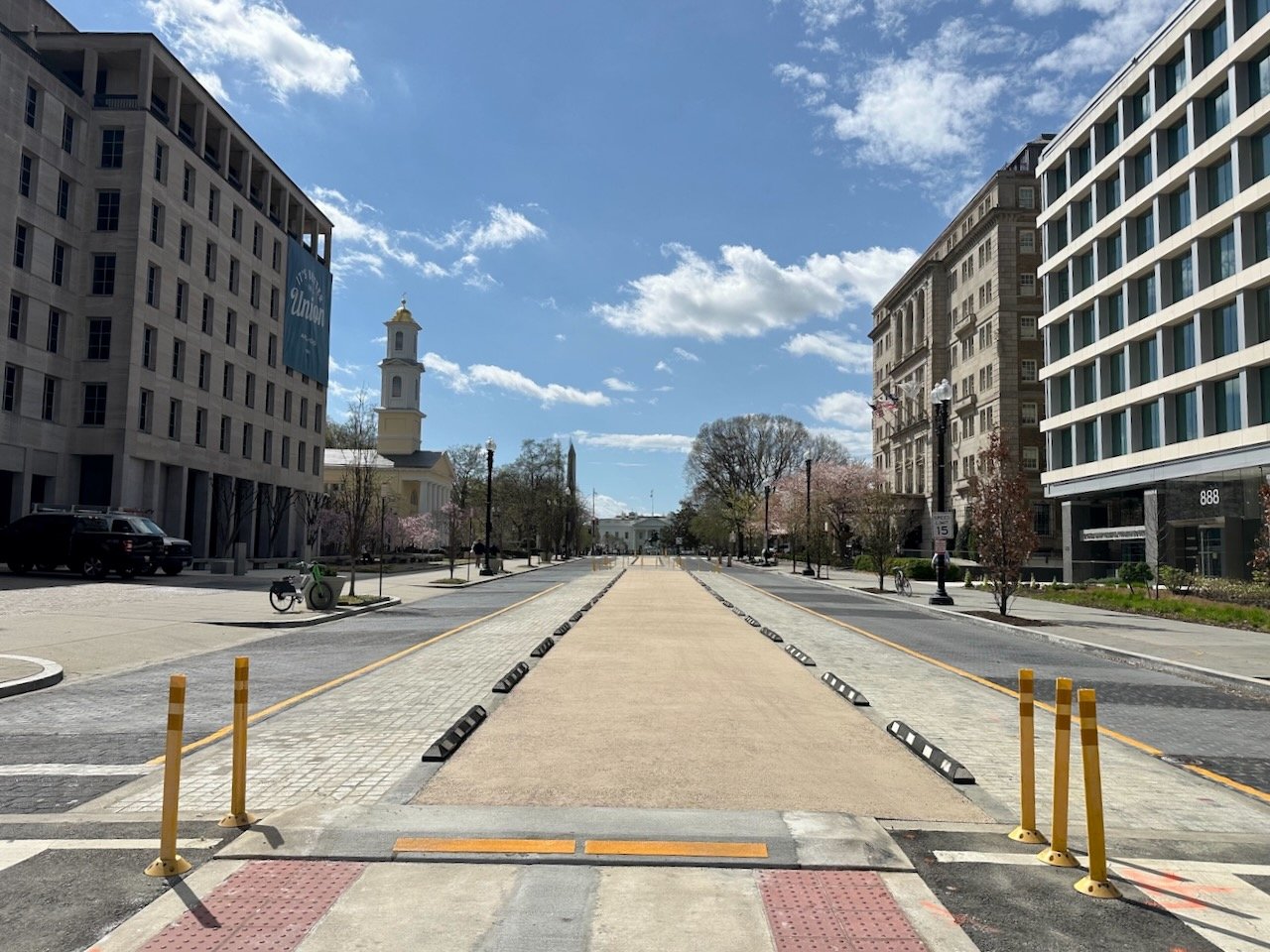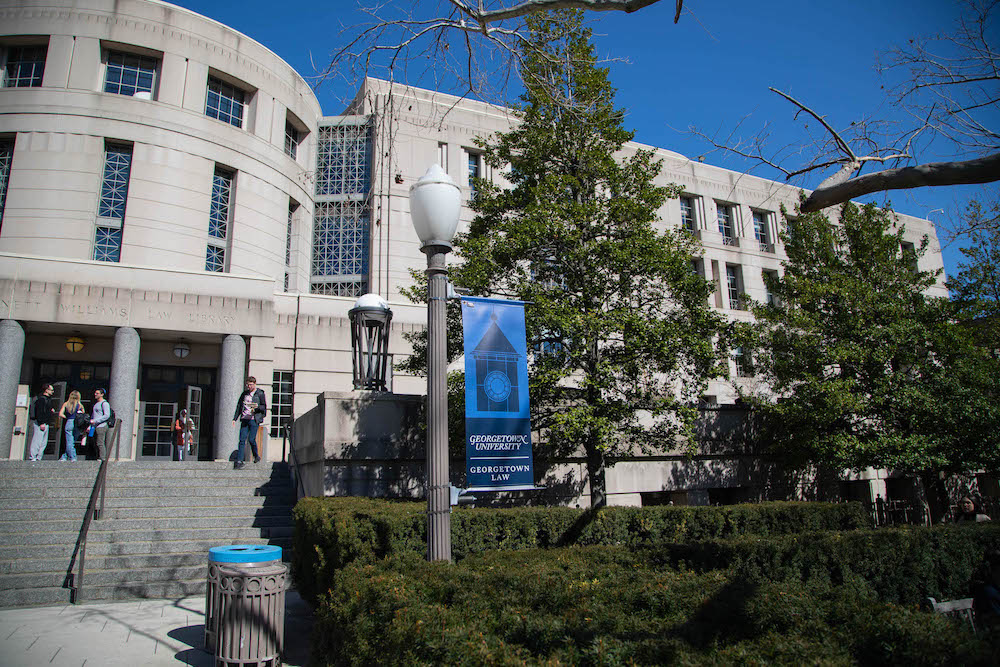National editor Ken Adelman (adelmank@aol.com) has been conducting What I've Learned interviews since 1988.
"Is it all right to kill a creature made in God's image even before it looks like him?" Leon Kass asks. "It's the people who think an embryo's worth nothing in the first place who don't understand what the debate is about."
Kass, a moral philosopher, is at the center of the debate over stem-cell research and human cloning. He recently stepped down as chair of the President's Council on Bioethics, a group that advises the White House on ethical issues related to biomedical advances; he continues as a member. He's also a scholar at the American Enterprise Institute and a professor of social thought at the University of Chicago.
"This debate is morally important," he says. "We must be concerned about going down a road where the early stages of human life become a natural resource to be mined for other people's benefits."
Kass, 66, was born and raised on Chicago's South Side. His father owned a clothing store, and his mother was a homemaker; both were immigrants who spoke Yiddish at home.
Kass earned a bachelor's degree in biology and a medical degree from the University of Chicago. He did an internship in Boston and then attended Harvard for a PhD in biochemistry. After several years of research in molecular biology at the National Institutes of Health, he moved on to broader areas of philosophical inquiry, where he has remained for 35 years.
In the early 1970s, Kass spearheaded a report for the National Research Council and National Academy of Sciences on the moral and social questions posed by biomedical advances. He taught at St. John's College in Annapolis and was a researcher at Georgetown University's Kennedy Institute of Ethics before returning to the University of Chicago in 1976. He has written or cowritten seven books, most recently The Beginning of Wisdom: Reading Genesis.
He is married to Amy Apfel Kass, a humanities professor at the University of Chicago and a fellow at the Hudson Institute. When in Washington, they live in an apartment on Connecticut Avenue; they have two daughters and four granddaughters.
In his AEI office, surrounded by scholarly books and a poster of Winston Churchill, we talked about what Kass has learned.
Why the controversy over stem-cell research?
It's not about the wisdom of conducting the research; it's about the means of obtaining stem cells for it. Embryonic stem cells come from live embryos, which get destroyed in the process. The debate revolves around whether it's moral to destroy them.
That, in turn, depends on whether you think that an embryo is a human being–at a very early stage of development, but nonetheless to be respected–or just a bag of cells, okay to destroy for some good that might come of it.
So this is another round of the abortion debate?
No, it's not about abortion. It's related to that, since both debates focus on the moral status of a human embryo.
In the abortion debate, your judgment about that embryo stacks up against claims of a woman's right to choose. In the case of stem-cell research, there are no women choosing. Instead there are speculative future benefits for treating chronic human diseases and disabilities.
What are the flaws in the argument for using embryos in stem-cell research?
First, the state of the science and promise of its cures. Every scientist admits that we're at a very early stage in this research. If cures are forthcoming, they're probably decades away. And we don't know which diseases might be cured.
One that surely will not be cured in this manner is Alzheimer's. So any attempt to use Ronald Reagan's death in support of such research is mistaken.
How do we know that?
Because stem-cell research is about cell replacement. We might eventually be able to replace damaged heart muscle with healthy heart cells–those converted from stem cells–but replacing damaged cells won't cure Alzheimer's. The victim isn't simply missing some healthy cells. He or she, tragically, has a bunch of gunk in the brain. It would be like introducing a few new microchips into a smashed computer and expecting it to work.
For Parkinson's disease or spinal-cord injury, we could theoretically put in cells to replace those that are dead or damaged, but by the time someone is afflicted with Alzheimer's, new cells won't help.
The second major error is that people say there's a ban on federal stem-cell research. That's false. Under the current Bush policy, federal agencies can spend any amount on embryonic stem-cell research. And there aren't restrictions on what scientists can do in such research–provided they use stem cells from 22 eligible lines.
A line is a population of indefinitely renewing cells. These eligible lines, now used by thousands of researchers, are no longer embryos.
The third flaw is the claim that such eligible lines aren't very good for research. That's a red herring–in most respects, this stock is as good as any new stock.
Granted, conducting research under this restriction may not allow a stock with a precise genetic makeup. For instance, if you want stem cells that carry the genes for diabetes, you've got to make your own, starting from a diabetic patient. But for basic research–learning how stem cells differentiate into liver and kidney, heart and brain, and learning how to get this process under control–these eligible lines are satisfactory, provided they stay healthy, which is something we need to watch.
Fourth, it's wrong to consider the government the only real funding source for stem-cell research. Under the current policy, and because of it, we've seen an outpouring of private support. Universities are using these federal limitations as a way to raise millions of dollars for their own stem-cell institutes. California passed a $3-billion initiative last year. Other states are following suit.
Fifth, it's incorrect to claim there are no other sources for stem cells besides live embryos or the eligible stocks. Adult stem cells have much greater potential than anybody thought five years ago. Recently, laboratories discovered multipotent stem cells in an adult's bone marrow. Researchers are now turning them into liver, bone, muscle, and brain cells.
Better yet are new studies that have scientists getting differentiated cells to go backwards–to de-differentiate into a more primitive condition, to become the functional equivalent of embryonic stem cells.
Will President Bush's policy prove a detriment to curing diseases?
No. The field will go where the field will go. There's plenty of money in it now.
So why all the hysteria?
Federal funding isn't just about money–it's a form of national blessing, done in the name of the American people. And a large number of Americans have moral qualms about such activity. The government doesn't need to alienate them further by blessing this, especially since there's private money to pursue it.
To me, this is a moral path without boundaries. That's why I'd hold the policy at least where it is, if not roll it back a bit. Personally, I'd encourage creative scientists to develop alternative sources of stem cells. They're doing this already with their work on adult stem-cell lines. I'd let the private sector do what it wants in such research. Then in five years I'd want all of us to look over all of this, see where we are, and deliberate on how it's going.
But the government would be giving up five years of potential cures for terrible diseases.
That would be true if there were a ban or restriction on funding. There's not. Current policy asks stem-cell researchers with federal funding to use the approved cell lines. After all, these cell lines now support hundreds of scientists working on this research. Pharmaceutical companies conduct extensive research using these lines.
But that may be only a small percentage of what's needed to cure diseases.
A small percentage of what? Money? There's no limitation on the money. Of researchers? There's no limit there, either. They can do whatever they want as long as they're not using federal money.
Granted, a researcher on the pathogenesis of diabetes would want diabetic cells in culture. Yet she could go into the bone marrows of people with diabetes and get multipotent diabetic stem cells.
I'm not saying scientists have no case here–they do. But given the moral stakes and given how they're free to develop these things in the private sector, they can do fine within the existing guidelines.
Yuri Verlinsky, of the Reproductive Genetics Institute in Chicago, has produced some 100 new embryonic stem-cell lines. Doug Melton, a molecular biologist at Harvard, has produced 17. But I worry a lot about creating embryos solely for research. And that's what they and others are doing.
So why don't you condemn them?
If it were up to me, I would. I'd have a national policy that bans scientists from creating embryos solely for research.
So you'd go beyond Bush's policy?
On that point, I would.
Senator Bill Frist breaks ranks with the President on this issue.
Partly. He does support prohibiting the creation of embryos for research, but he wants to allow researchers to use spare embryos, those that are already frozen. Some 400,000 embryos are still in freezers, most of which won't ever be used.
What's wrong with that? They're in the freezer–they aren't going to become humans, right?
They're not going to be babies, but they're still alive–in suspended animation in that freezer. From a biological viewpoint, they're living humans at an early stage of development. The only reason they won't become babies is that people have decided to throw them out. The question becomes: Is it therefore moral to kill them yourself?
These spare embryos are produced by in-vitro fertilization. Are you opposed to IVF?
No. I was an early critic before it was clear that this form of conception wouldn't harm the resulting children, but I've long endorsed the use of IVF for treating intramarital infertility. But I also worried 35 years ago that IVF would lead to cloning, genetic manipulation of embryos, surrogate pregnancies, and exploitation of nascent human life as a research tool–and I was not wrong in those worries.
As a moral philosopher, you warn about the danger of a slippery slope. Isn't that argument too easy?
Yes, it's easy to make, and easy to pooh-pooh. Nonetheless, there's something to it.
Embryonic stem-cell research is a small part of a growing field–biotechnology–which raises challenges on what it means to be human. We're rapidly acquiring powers to intervene in the human body and mind. We'll be able to redesign the creature made in God's image after our own fantasies. That's a "brave new world" problem.
We now have a president and a Congress as friendly to human dignity as we're likely to have for a long time. Unless we do something dramatic now, President Bush will leave office with little to show in this area except for restrictions on federal funding for embryonic stem-cell research. And that'll be overturned by the first Democratic president to follow him.
We have no boundaries in place now. We need moral boundaries.
What do you want?
First, a comprehensive ban on human cloning of any kind. Canada issued such a ban–both for baby-making and all research.
Second, erect firm boundaries between human and animal reproductive technologies: no fertilization of a human egg by any animal sperm, no placing a human embryo in the body of an animal–for whatever reason, ever.
Third, no buying, selling, or patenting any human organism at any stage of development. In 1980, the Supreme Court tragically allowed a certain genetically engineered microorganism to be considered patentable matter. The geneticist who made this had ownership rights. I'd give him ownership rights to the process but not to the product, to a living organism.
Fourth, I'd make it very difficult–perhaps even outlawing the practice–to choose the sex of planned children for non-medical reasons. In many countries–including China, Cuba, and parts of India–the sex ratio at birth is approaching 120 males to 100 females. When a fifth of your males lack any prospect of marriage, that becomes dangerous.
What have you learned over the last five years in bioethics?
That these are enormously difficult but important issues. They affect the nature of our humanity, yet they're not getting the public attention they deserve.
Second, that the debates over cloning and stem-cell research–limited though they are, distorted by demagoguery and hype as they are–are signs that the public is finally considering such issues.
Third, that it's hard as hell to govern in this area. Biotechnologists want no interference. Strangely, even those who oppose certain practices, such as assisted reproduction, also oppose government regulation, because regulation would legitimize and countenance the activity being regulated.
Unless we find a way out of this impasse, we'll have no hands on the steering wheel, never mind on the brakes.
What have you learned about life?
That we're in danger of medicalizing and technologizing aspects of nature where the human spirit lives spontaneously on its own. Living and dying are not technical problems to be solved. They're aspects of the human condition–to be faced with cheer, good character, and solidarity.
Above all, that we should take the gift of life we've received as individuals in a community and celebrate it.
















